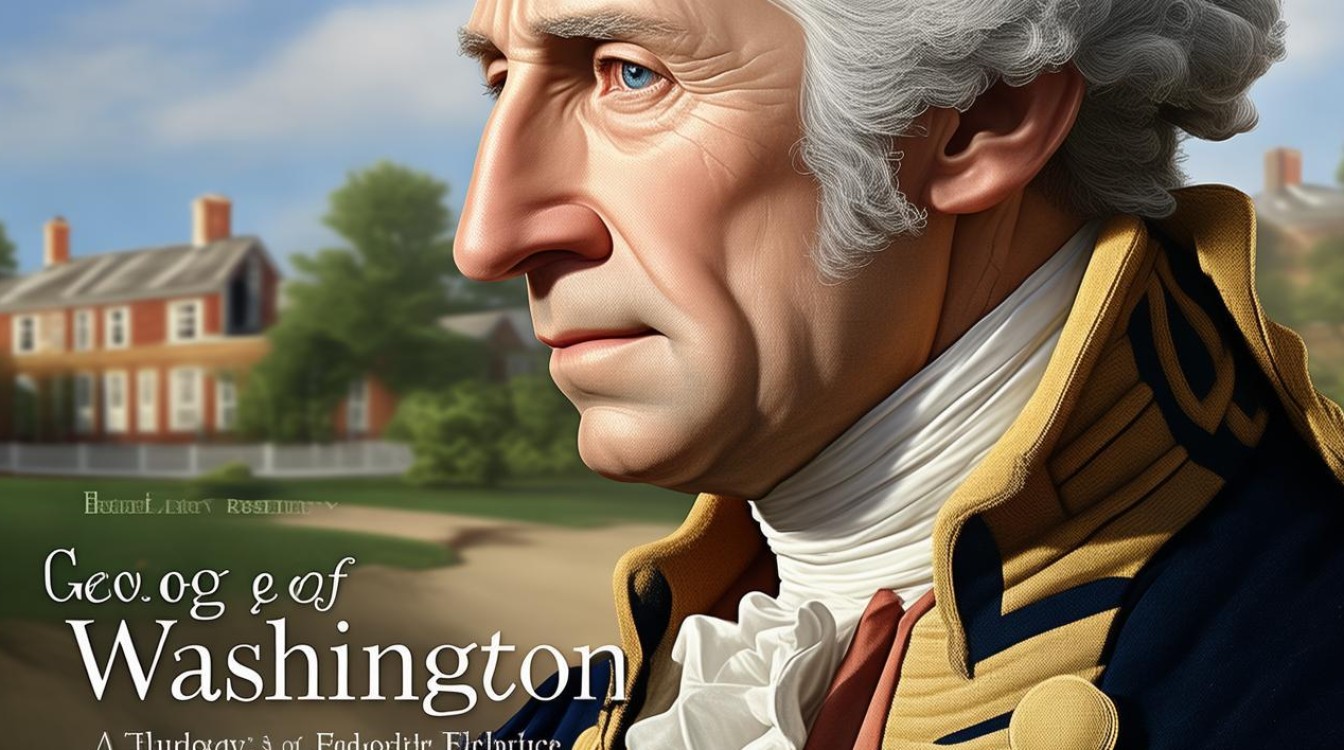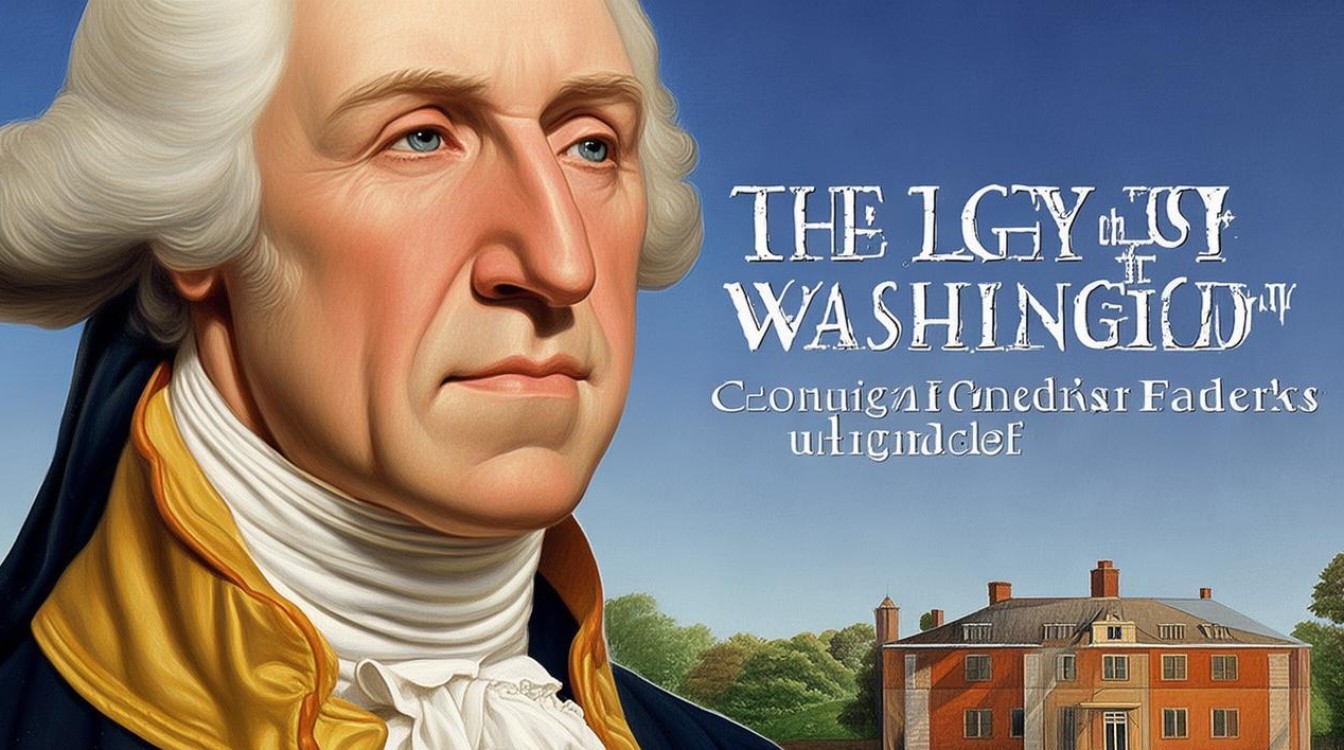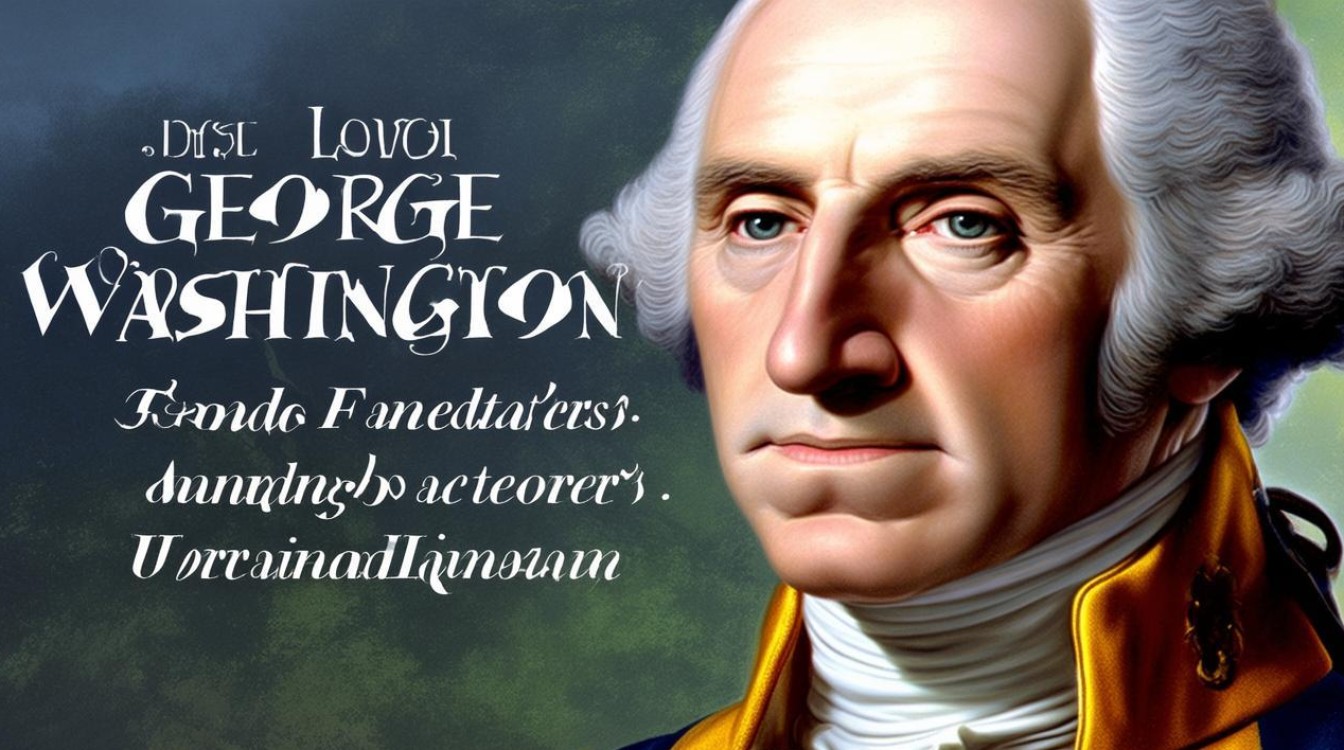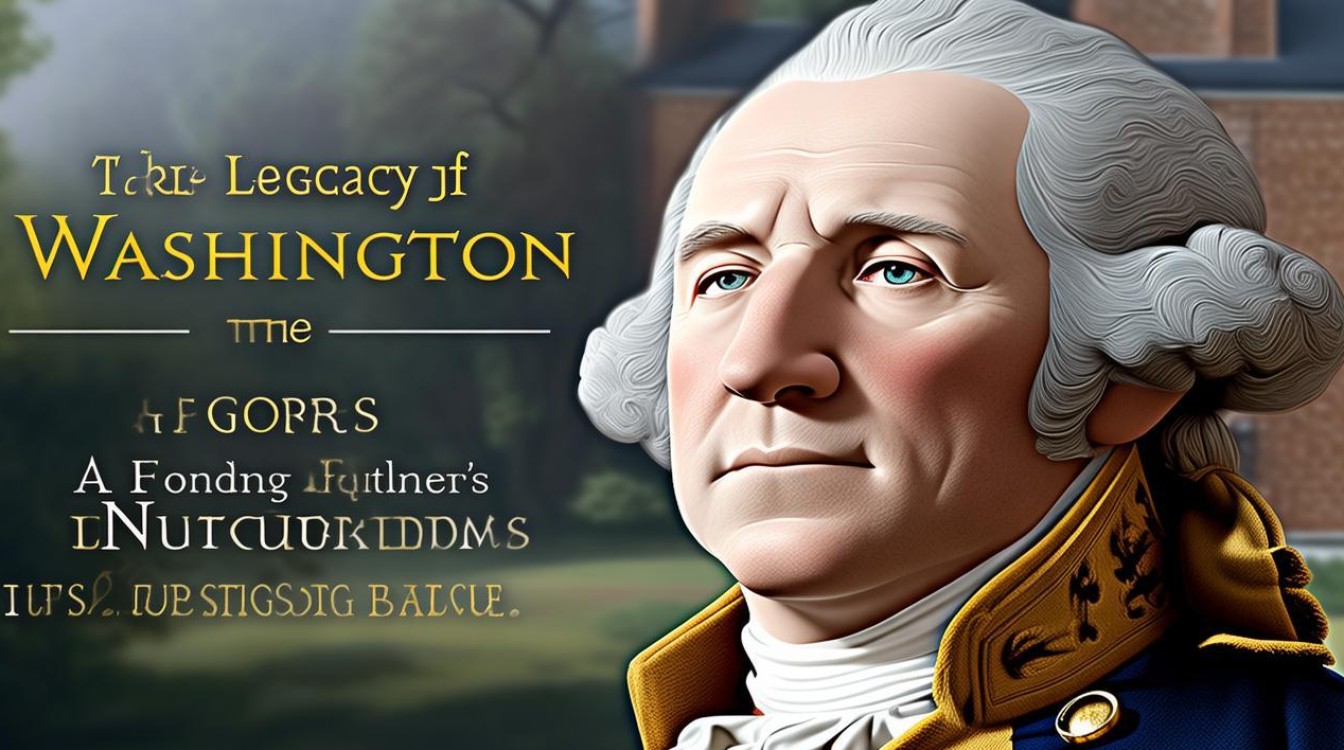George Washington remains one of the most revered figures in American history. His leadership during the Revolutionary War and his role as the first President of the United States laid the foundation for the nation’s democratic principles. Understanding his contributions requires examining his character, decisions, and the values he embodied.

Early Life and Military Career
Born in 1732 in Virginia, Washington grew up in a colonial society shaped by British rule. His early experiences as a surveyor taught him discipline and attention to detail—qualities that later defined his leadership. At just 21, he was appointed a major in the Virginia militia, where he gained crucial military experience during the French and Indian War.
Washington’s resilience during this conflict earned him respect. Despite setbacks, he demonstrated strategic thinking and courage. These traits became vital when he was chosen to lead the Continental Army in 1775.
Leadership During the Revolution
The American Revolution tested Washington’s abilities. Facing a superior British force, he relied on unconventional tactics, such as the surprise attack at Trenton in 1776. His decision to cross the icy Delaware River on Christmas night became a turning point, boosting morale and proving his determination.

Perhaps his greatest challenge was maintaining unity among the colonies. With limited resources and competing interests, Washington’s ability to inspire loyalty was extraordinary. His famous winter at Valley Forge (1777–1778) showcased his commitment. Despite harsh conditions, he trained his troops into a disciplined force, ultimately securing victory with French support at Yorktown in 1781.
Presidency and the Birth of a Nation
After the war, Washington’s leadership was again called upon during the Constitutional Convention of 1787. His presence lent credibility to the drafting of the U.S. Constitution. Elected unanimously as the first President in 1789, he faced the monumental task of turning ideals into reality.
His presidency set critical precedents. He established the Cabinet system, appointed the first Supreme Court justices, and emphasized neutrality in foreign conflicts. His Farewell Address in 1796 warned against political factions and permanent alliances—a message still relevant today.

The Man Behind the Legend
Washington’s personal integrity shaped his public image. Unlike many leaders of his time, he voluntarily stepped down after two terms, reinforcing the principle of peaceful transitions. His humility was evident in his refusal to accept royal titles, insisting on being called “Mr. President.”
Yet, he was not without contradictions. As a slaveholder, he struggled with the institution’s morality, eventually freeing his enslaved workers in his will. This complexity reminds us that even great leaders are products of their era.
Washington’s Legacy Today
Modern America still reflects Washington’s influence. The federal government’s structure, the tradition of civilian control over the military, and the emphasis on national unity all stem from his vision. His face on the one-dollar bill and the naming of the capital city after him symbolize his enduring place in the nation’s identity.

Educational institutions, monuments, and countless biographies keep his story alive. Historians debate his flaws, but few deny his indispensable role in shaping the United States.
George Washington’s life teaches us about leadership, sacrifice, and the delicate balance of power. His legacy is not just in what he achieved, but in the ideals he upheld—a reminder that great nations are built on the courage and vision of their founders.

